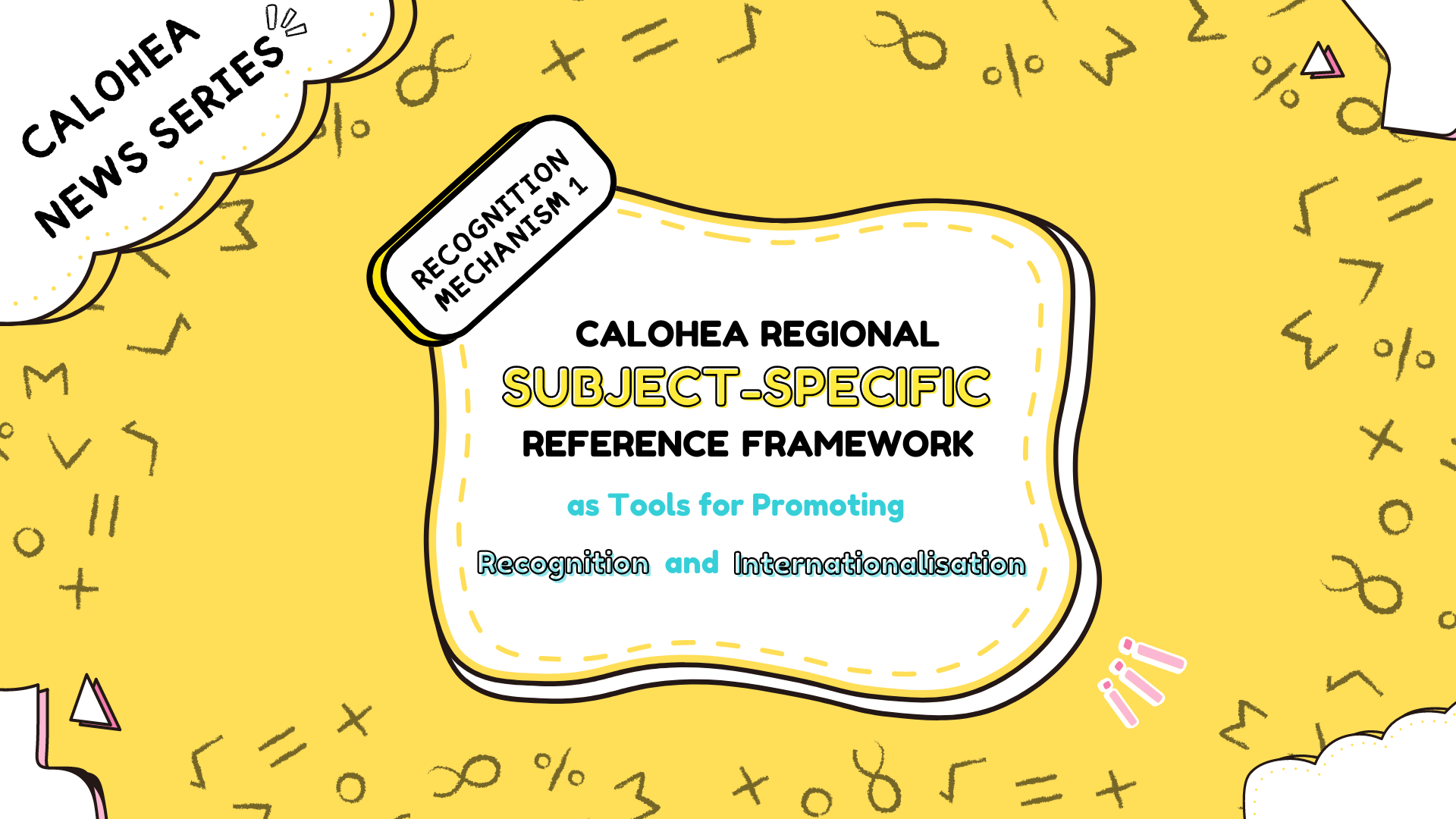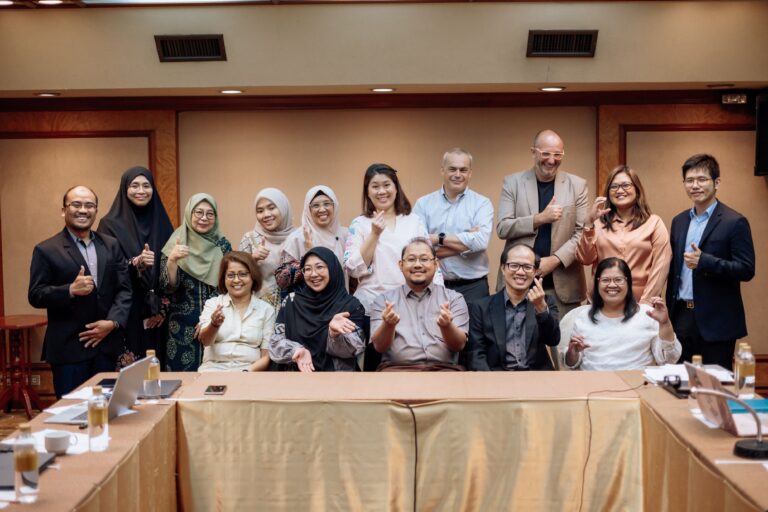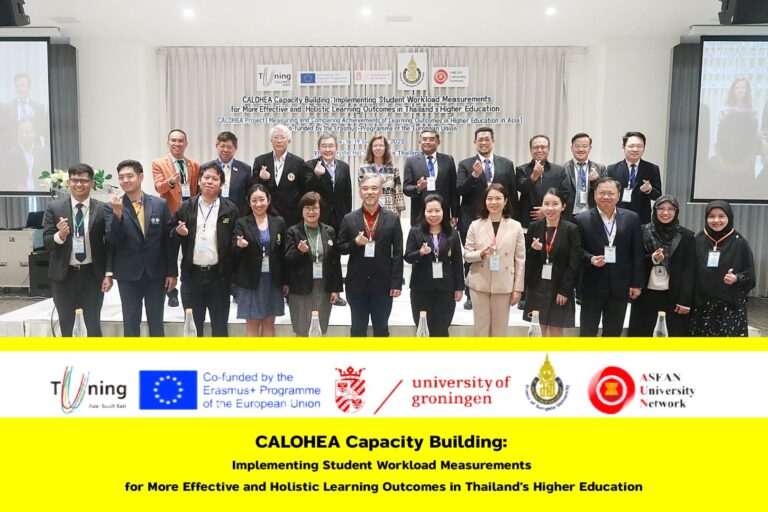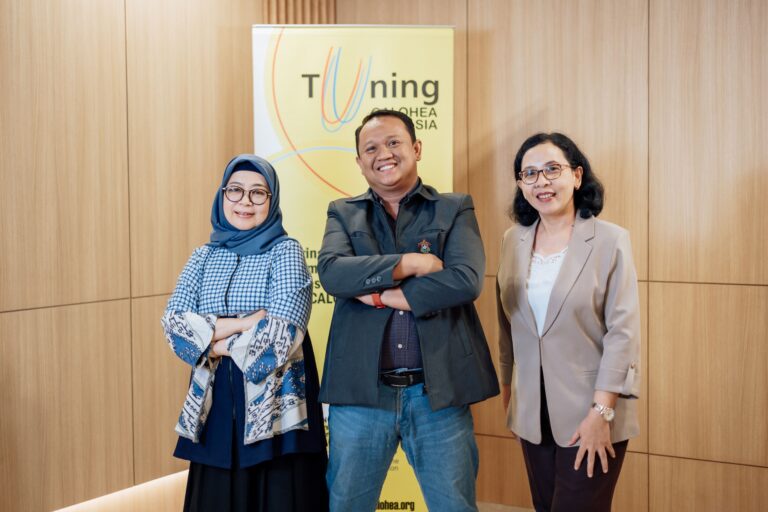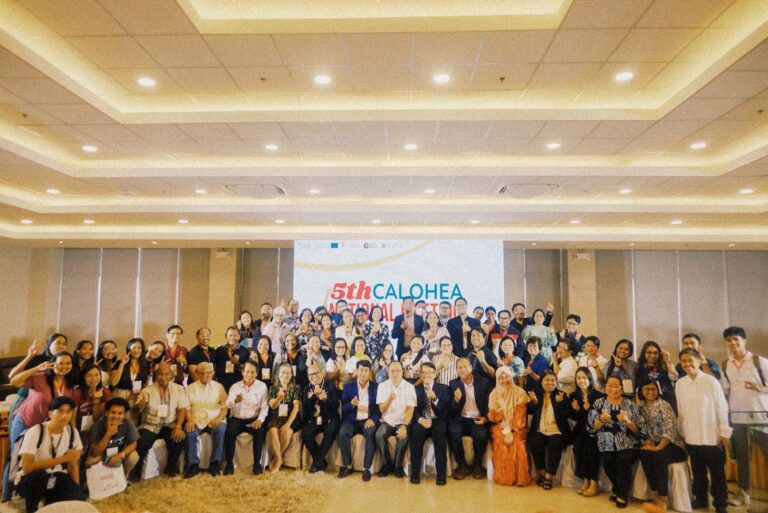CALOHEA Regional Subject-Specific Reference Frameworks as tools for promoting recognition and internationalisation
Written by Pablo Beneitone and Maria Yarosh, CALOHEA Coordination Team
The 14 CALOHEA National Meetings, carried out in 7 ASEAN countries between the period from March to December 2023, served as a sounding board for the development of the CALOHEA qualifications framework that is set to bridge the graduates of ASEAN to the international communities of academic and professionals with degrees and study programmes that are transparent, comparable, and recognisable across the region.
As the CALOHEA National Meetings came to an end, feedbacks and inputs from academic staff, industry practitioners, and students who took part in the meetings’ workshops have now been incorporated into the framework in the making. Now, in this upcoming CALOHEA news series, the CALOHEA Coordination Team and the CALOHEA Subject Area Group Coordinators are proud to unveil the results and progress of the CALOHEA qualifications framework development, starting first with the Regional Subject-Specific Reference Framework and how it plays a role in the qualifications recognition process and the advancement of university’s internationalisation.
One of the tools created by the CALOHEA Erasmus+ project participants in order to facilitate recognition of degrees and periods of studies both within the ASEAN region and between the ASEAN region and other world regions are Regional Subject-Specific Reference Frameworks.
A Qualifications Framework is a structure that allows us to classify different qualifications in a geographical area covered by the framework and establish a broad equivalence of qualifications (e.g. first cycle of higher education/undergraduate, etc.) across the region. This is done through describing what a learner will have developed in terms of knowledge, skills, attitudes, competences, etc upon successfully completing a particular level of studies.
Regional Qualifications Reference Frameworks seek to establish broad equivalence among qualifications offered in more than one country. Such frameworks are intended to be used as Reference Documents – facilitating recognition but not overruling National regulations or National Qualifications Frameworks. The ASEAN Qualifications Reference Framework (AQRF) and the European Qualifications Framework (EQF) could be two good examples here.
CALOHEA Subject-Specific Qualifications Reference Frameworks facilitate recognition through allowing to:
1) clearly see which key dimensions must be addressed by each programme in the subject area;
2) establish equivalence between qualifications offered in different countries in terms of their level, regardless of how the qualifications are referred to in each of the countries;
3) express specialisation of a particular programme in terms of the sub-dimensions addressed;
4) compare the level of achievement aimed at for each of the sub-dimensions – in terms of knowledge, skills or responsibilities;
5) compare shorter periods of study as well – periods of study during which only particular types of knowledge, specific skills or capacity to perform particular responsibilities can be developed.
CALOHEA Regional Subject-Specific Qualifications Reference Frameworks state in a detailed manner what knowledge, skills, attitudes, competences, etc. are expected from graduates of a ARQF Level 6 degrees in Civil Engineering, Medicine and Teacher Education; & allow recognition across all the countries involved in the development of the Frameworks.
To see the CALOHEA Reference Frameworks, visit https://calohea.org/
The CALOHEA Erasmus+ project is coordinated by the Tuning Academy of the University of Groningen (the Netherlands) and the ASEAN University Network and is co-funded by the European Commission.

